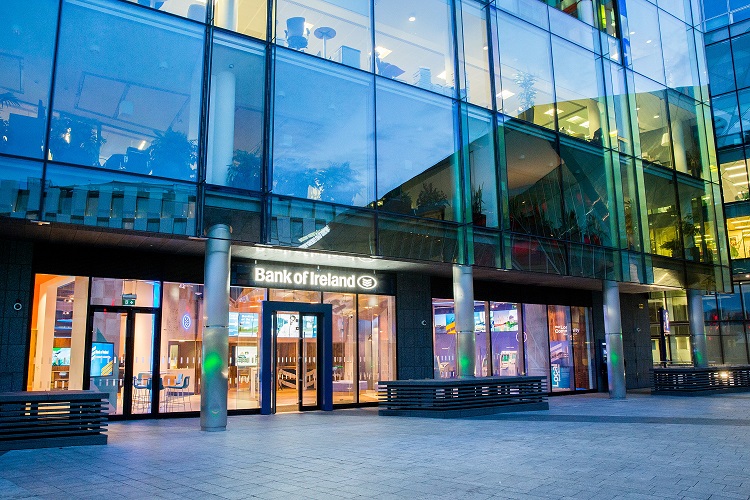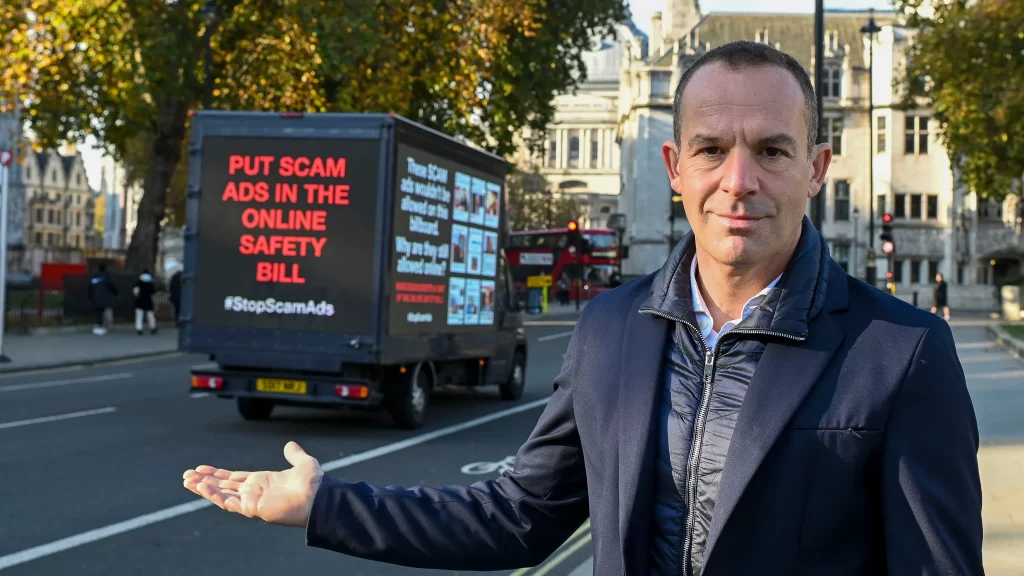The Bank of Ireland has issued a stark warning following a significant rise in investment fraud during the first half of 2024. Data from the bank shows that investment fraud attempts have surged by 76% compared to the same period last year, highlighting the growing threat to consumers.
In response to the rising threat of investment fraud, the Bank of Ireland has launched an extensive fraud awareness campaign. Running until the end of the year, this campaign targets digital and social media platforms to educate the public about the dangers of fraud.
Investment Scams on the Rise
Recent data from the Bank of Ireland reveals that 94% of people have been targeted by fraudsters in the past 12 months. Of these, investment fraud has seen the most alarming increase. The most common methods used by fraudsters include text messages (89%), phone calls (75%), and emails (65%), with a notable rise in fraudulent WhatsApp messages (39%).
Despite the clear risks, many people remain complacent. The data shows that 43% of individuals believe they are at little to no risk of falling victim to fraud in the next six months. This false sense of security is even more prevalent among the younger demographic, with 52% of those aged 18 to 30 underestimating the dangers.
How Investment Fraud Works
Investment fraud typically occurs when fraudsters pose as legitimate companies and offer fake investment opportunities. These offers often appear on social media or in sponsored search results, luring victims with promises of high returns. The fraudsters create a sense of urgency, pressuring victims to act quickly to secure these supposedly lucrative opportunities.
Nicola Sadlier, Head of Fraud at Bank of Ireland, emphasises the need for vigilance. She notes that the increase in investment fraud attempts is particularly concerning, as fraudsters are using increasingly sophisticated methods to target individuals. To help consumers protect themselves, the Bank of Ireland has outlined several key red flags to watch for. These include:
- Follow-Up Calls: After clicking on an investment ad on social media or a sponsored search result, you may receive a follow-up call. This is a common tactic used by fraudsters.
- Too-Good-to-Be-True Returns: Be wary of promises of quick and substantial returns with little or no risk. If it sounds too good to be true, it probably is.
- Pressure to Act Quickly: Fraudsters often create a sense of urgency, pressuring you to act immediately on what they describe as a “once-in-a-lifetime opportunity.”
- Secrecy: Fraudsters may ask you to keep the investment secret, advising against discussing it with family, friends, or even your bank. They may also request that you sign a non-disclosure agreement (NDA).
Bank of Ireland’s Response
Now in its fourth year, the latest phase of the bank’s fraud education campaign focuses on the 18-30 age group. A group who have shown a troubling overconfidence regarding fraud. The campaign will include five new episodes of “Fraud Watch: True Crime Stories,” featuring real-life fraud cases and expert insights from international cyberpsychologist Professor Mary Aiken.
In addition, the campaign will feature digital audio ads, collaborations with social influencers, a partnership with LADBible, and the “Back to Basics” social content series. These initiatives aim to boost fraud awareness and offer practical fraud prevention advice.
Commitment to Fraud Prevention
Aine McCleary, Bank of Ireland’s chief customer officer, highlighted the bank’s commitment to protecting its customers. She explained that the bank’s comprehensive consumer fraud awareness programme is designed to safeguard financial well-being.
The Bank of Ireland plans to spend €50 million on fraud prevention and protection measures over the next two years. This includes a €15 million investment in new fraud prevention technology, along with a range of high-profile consumer awareness campaigns. The bank is also committed to providing support for customers who are targeted by fraudsters.
A Rising Tide of Fraud
The Bank of Ireland is setting a new standard in fraud prevention with its substantial €50 million investment in safeguarding customer finances. This commitment is notably more aggressive than the efforts seen from other major banks. Thus signalling that the Bank of Ireland is taking fraud prevention far more seriously. The €50 million initiative, which includes €15 million earmarked specifically for advanced fraud prevention technology, reflects a proactive approach to tackling the ever-evolving threat of financial fraud.
Many banks have been slow to respond with adequate measures in a landscape where financial fraud is becoming increasingly sophisticated. The Bank of Ireland’s approach is a refreshing contrast, demonstrating a clear prioritisation of customer protection. Their comprehensive consumer fraud awareness campaigns, partnerships with digital platforms, and targeted fraud education initiatives are all part of a broader strategy to stay ahead of fraudsters.



